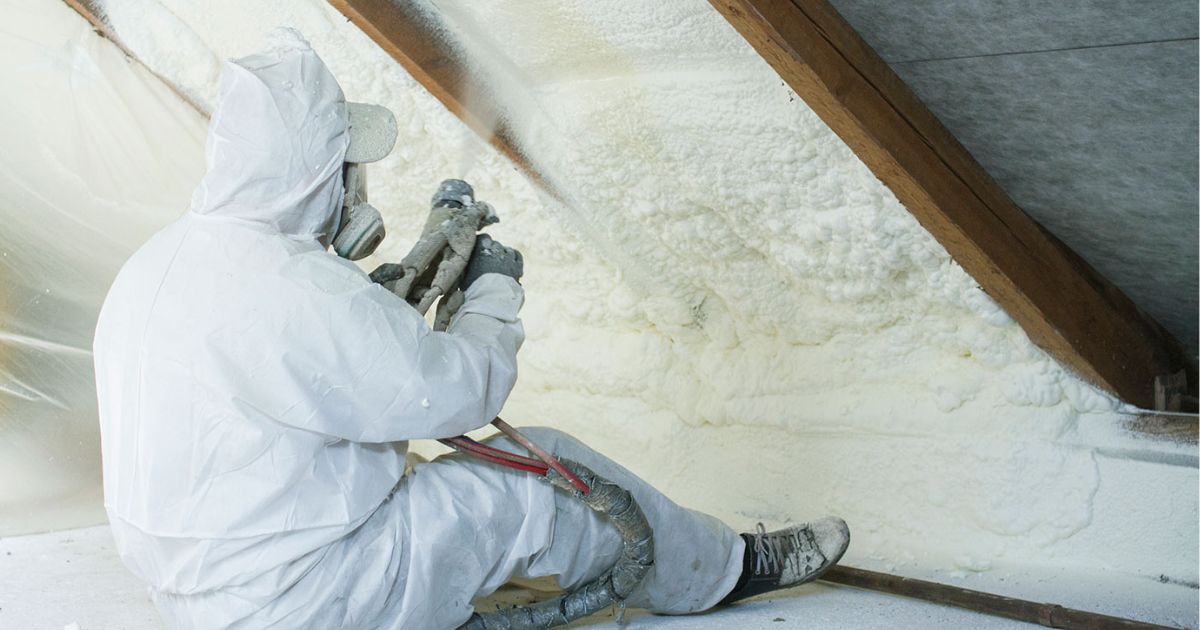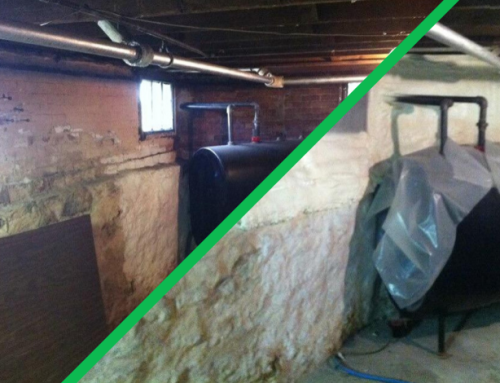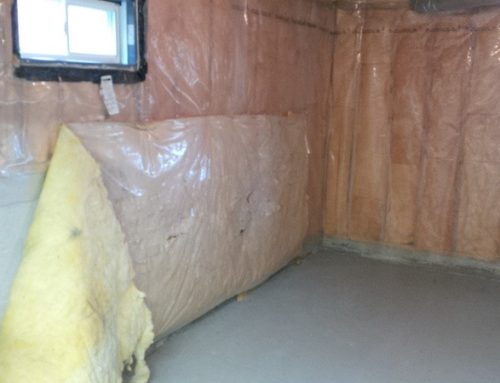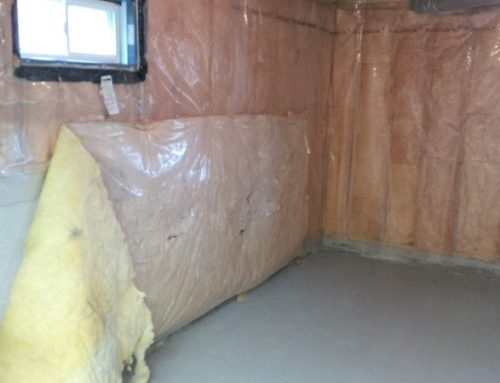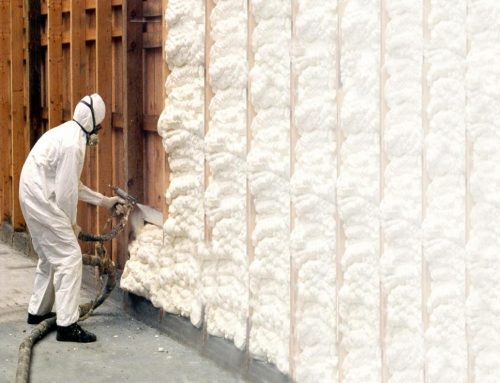When it comes to home insulation, the basement often gets overlooked. However, insulating your basement is just as important as insulating other areas of your home, especially when it comes to combating the summer heat. Basement insulation plays a crucial role in maintaining a comfortable indoor temperature, reducing energy consumption, and preventing moisture-related issues. In this blog post, you will get to know how basement insulation near you works to keep your home cool during the summer months.
Thermal Barrier
Insulating your basement creates a thermal barrier between the exterior and interior of your home. During the summer, the outside air tends to be warmer than the desired indoor temperature. Without insulation, this heat can infiltrate your basement and gradually spread throughout the rest of your home. Basement insulation, such as foam boards or fiberglass batts, helps to prevent the transfer of heat into your living spaces, keeping your home cooler and reducing the workload on your air conditioning system.
Heat Resistance
Insulation materials used in basements are designed to resist heat transfer. They have high thermal resistance, also known as R-value, which measures how effectively the material resists heat flow. The higher the R-value, the better the insulation’s ability to resist heat transfer. By choosing insulation materials with a high R-value, you can significantly reduce heat penetration from the hot outdoor air into your basement, helping to maintain a cooler environment indoors.
Moisture Control
Moisture-related issues, such as condensation or high humidity, can exacerbate the discomfort caused by summer heat. Insulating your basement helps control moisture by creating a barrier between the damp soil or concrete walls and the interior living spaces. By keeping moisture under control, your basement insulation contributes to a more comfortable and healthier indoor environment, even in hot and humid summer conditions.
Air Sealing
Along with insulation, proper air sealing is essential for effective temperature control. Insulating your basement also involves sealing any gaps or cracks that allow air infiltration. Air leaks can compromise the insulation’s performance by allowing warm outdoor air to enter your basement. By sealing these openings, you create a more airtight space that helps maintain cooler indoor temperatures and prevents the escape of conditioned air.
The Final Words
By insulating your basement, you can keep your home cooler, reduce energy consumption, and create a more comfortable living environment even in the hottest months of the year. At Spray Foam Insulation Kings, you will get the most quality work for basement insulation Richmond Hill at the most affordable rates. You can visit our website for more information.

